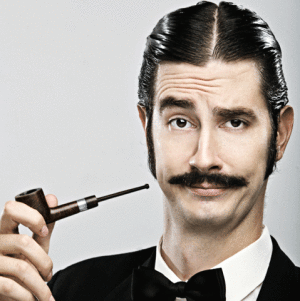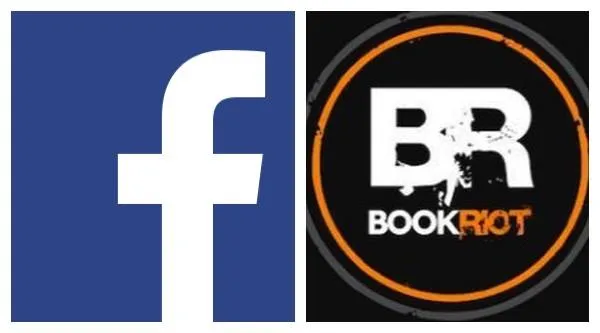
10 Signs You Have Low Bookish Self-Esteem
Some of you are going to want to punch me directly in the face after reading this post…you are exactly who should be reading this the most.
I am not a psychologist, but I have been a teenage girl (enough said). I have noticed, since my days in middle school, that those who scream the loudest about how great they are are usually the people who are compensating for actual lack. This has carried through all avenues; school, work, personal life, and has now held true working in the world of books. Those who carry the highest degree of self-consciousness about their intelligence are the ones who feel a need to prove their intelligence in ways that actual intellects don’t.
For example, most people who know that they are capable of reading literature that is considered difficult, heady, or highbrow typically don’t announce that they can do so…it is a given, not something that they need to prove. These are also the types of people who feel no shame in reading books that are considered easy or lowbrow, because it does not take away from the fact that they are intelligent (and they are smart enough to know that).
Everyone has reading preferences. Plenty of very intelligent people like to stick to books that are considered easy or even “trashy” reads. They never want to crack open an award winning tome, and they don’t feel the need to in order to validate their smarts. Other very intellectual people are not entertained unless they are being challenged by the literature in a significant way, so they tend to stick to books that are typically considered more difficult to navigate. Either way, truly intelligent people are confident in the fact that they are intelligent, which leads them to not have to scream from the mountain tops that they are so.
Ironically, those who try so desperately to cover the feelings of lack in their abilities are the very ones who showcase it by overcompensating. We’ve devised a list to help you see if you or your loved ones have a problem…
Some signs that you may have low reading self-esteem:
1. You mention what you are reading, but make sure to tell people who your REAL favorite author is (typically someone who is deemed “important”).
2. You make excuses for what you are reading.
3.You shame other people’s reading choices (to prove that you know better than they do about what should be read).
4. You don’t tell your friends what you’re reading, because you’re intimidated that they read “more important” things than you.
5. You nod along when people talk intelligently about Dead Russian White Guys that you don’t really know anything about…instead of being honest about not knowing.
6. You have a fake favorite book for when people ask you what your favorite book is.
7. You keep something fancy on the coffeetable for guests to notice.
8. You make sure everyone on the subway can see the cover of the Murakami book you are reading so people don’t assume you’re reading “chick lit.”
9. You won’t get rid of books you hated because you want people who come over to see that you’ve read them.
10. You make blanket statements about which kinds of books are bad without actually reading them.
Our recommendation for you to get over a low reading self-esteem is as follows: try all types of reading, not so you can look smart or feel smarter than anyone else, but so that you can form your own tastes and opinions, and (most importantly) broaden your world view and ability to see through eyes that aren’t your own. Do you have to love everything you read? Absolutely not. And you know what? Admitting so is the first sign of intelligence, as is allowing someone else to love said book dearly without taking it as a personal affront to your own dear intelligence. One of the perks of reading is getting to know yourself better. So, do that! Know yourself better, and then find out how to be comfortable in who that person is (hopefully in all areas of life, but especially) in your reading life.
P.S. Just in case you don’t know, it’s OK to not love heady books. It’s ok to not understand the latest Oyeyemi. It’s fine if you’ve never read a classic. It’s also great to love Austen, Dickens, and Brontë and still decide you want to give Chimamanda Ngozi Adichie a spin after realizing you only read dead white people. Is Ayn Rand your thing? See what that Libertarian brain thinks of Sarah MacLean- she’ll teach you a thing or two, as well.
Also, learn to take everything (even this post) with a grain of salt.
____________________
Want more bookish goodness, news, posts about special book deals, and the occasional puppy reading pic? Follow us on Facebook:











